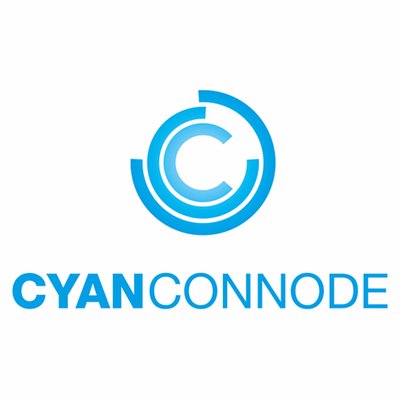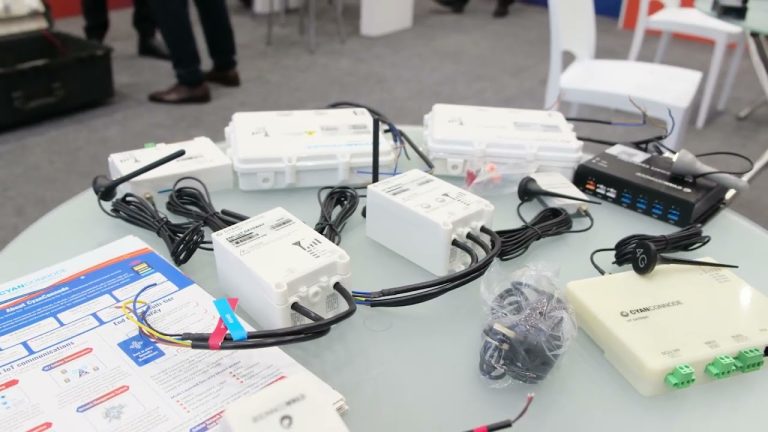A major shift is underway in how Indian distribution utilities manage revenue collection, with prepaid smart metres being rolled out at scale across the country. Backed by central funding and clear targets, the push is reshaping how consumption is tracked and how payments are collected.
The initiative revolves around the rollout of smart metres under the Revamped Distribution Sector Scheme (RDSS) in India, which counts a target of 250 million prepaid smart consumer metres during its current phase. The sanctioned outlay for smart‑metering alone is over ₹1,349 billion, while the broader distribution modernisation plan stands at around ₹3,030 billion over five years. As of late October 2025, over 43.8 million smart metres had been installed.
Early results are visible: average technical and commercial (AT&C) losses at the national level came down from 16.50 per cent in 2021‑22 to roughly 15.36 per cent in 2022‑23, before a slight rise to 16.12 per cent in 2023‑24. Collection efficiency slipped marginally from 97.56 per cent to 96.51 per cent in the same period, yet a considerable number of utilities achieved 99.5 per cent or more. At the same time, the gap between average cost of supply and average revenue realised (ACS‑ARR) narrowed from ₹0.59 per kWh in 2022‑23 to ₹0.39 per kWh in 2023‑24, reducing the cash gap from ₹826.65 billion to ₹578.54 billion.
CyanConnode Holdings plc (LON:CYAN) is a world leader in the design and development of Narrowband RF mesh networks that enable Omni Internet of Things (IoT) communications.







































